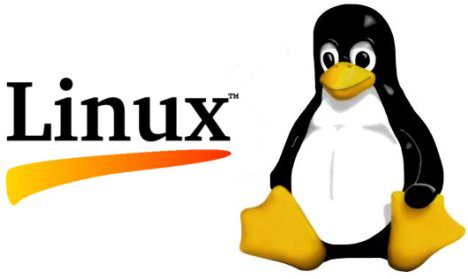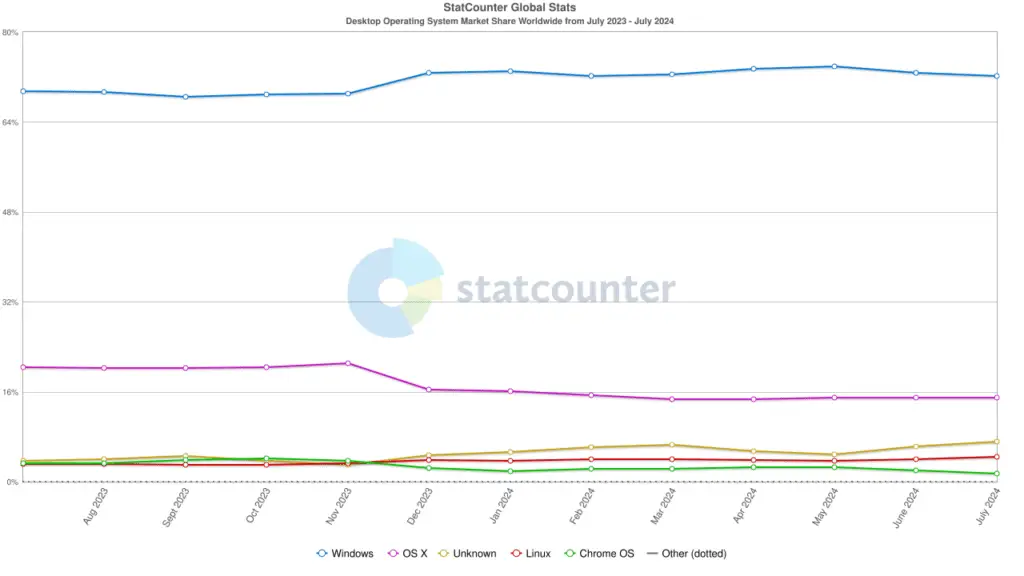
Recent data from StatCounter indicates that Linux’s market share has ascended to an unprecedented 4.44% in July. This marks a substantial increase from the 3.12% recorded during the corresponding period last year and a mere 2.76% in July 2022.
While this growth may appear incremental at first glance, when translated into absolute figures, it represents a significant surge, particularly given that the majority of Linux distributions are open-source and lack the backing of extensive marketing campaigns.

Linux initially breached the 4% threshold for desktop operating system market share in February 2024, subsequently experiencing a minor decline below 3.9% in April and May. However, it rebounded to 4.05% in June, culminating in the record-breaking 4.44% in July. Should this upward trajectory persist, it is entirely conceivable that Linux could attain a 5% market share by February of the following year.
Several factors underpin this expansion. Although mainstream consumers may not readily embrace Linux as their primary operating system, its open-source architecture, adaptability, and cost-efficiency render it an attractive proposition for numerous enterprise IT environments.
Moreover, Microsoft’s increasingly stringent restrictions on Windows 11 installations have inadvertently contributed to Linux’s ascent. The company has introduced complexities in installing the new operating system through a local account and recently thwarted a workaround that enabled circumvention of the TPM 2.0 prerequisite. Concurrently, macOS’s adherence to a closed ecosystem, necessitating compatible hardware, has further incentivized migration to Linux.
An additional impetus potentially arises from Steam’s strategic investment in Linux for its Steam Deck handheld gaming console, thereby propelling the operating system’s growth within the gaming domain. Notably, the June Steam Survey report reveals that Linux has secured over 2% of the market share on devices utilizing the platform. This is particularly noteworthy as Steam’s report predominantly centers on personal computers rather than enterprise systems, underscoring a burgeoning Linux user base within the gaming community.
Via: tomshardware
Related Posts:
- AI Powers a Phishing Frenzy – Zscaler Report Warns of Unprecedented Threat Wave
- Google releases Android July patch to fix multiple security vulnerabilities
- Android’s July 2024 Security Patches Fix Critical Vulnerability